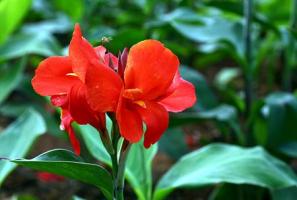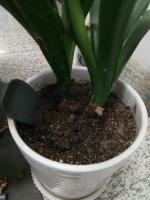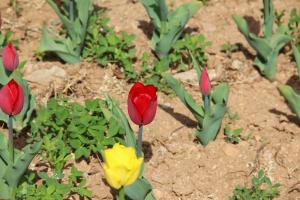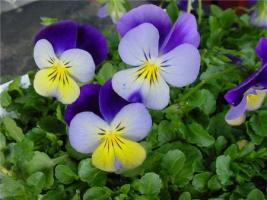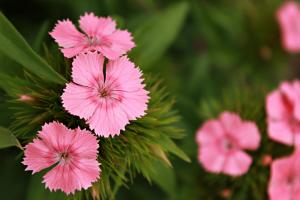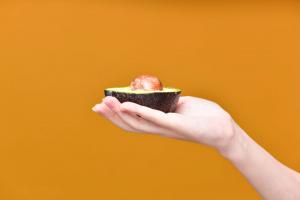1、 Can it change
You can't be old. The old species refers to the offspring seedlings that are propagated completely in the natural environment, which can better maintain the characteristics of the original species. The tissue culture seedling is to use the mother plant and artificial culture to cultivate, grow, develop and regenerate a complete plant under aseptic conditions. Therefore, tissue culture seedlings cannot become old species. Although both of them use mother plants for reproduction, the difference is still large. The roots of tissue culture will be whiter, thinner and smoother than those of the old species
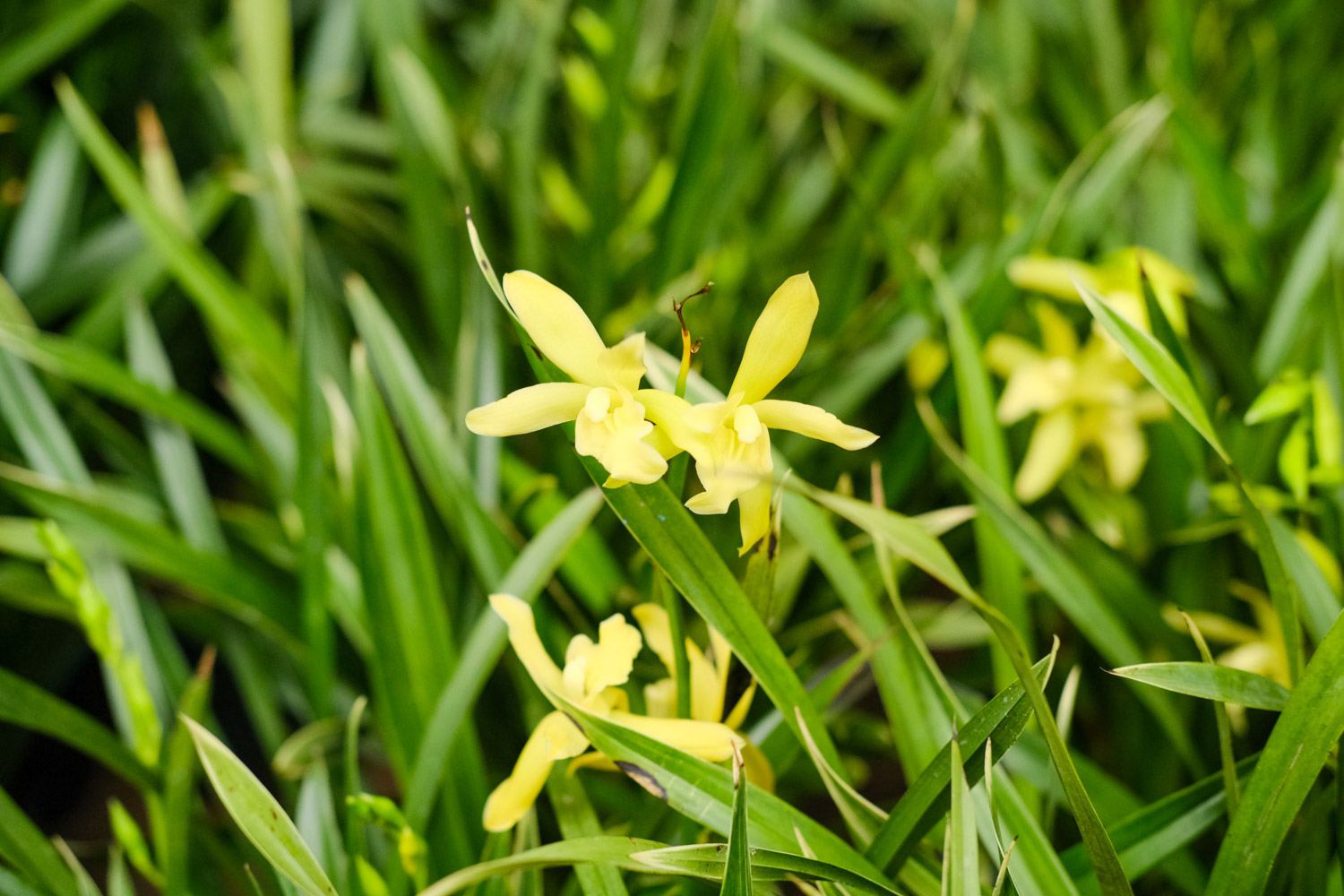
2、 Advantages and disadvantages of tissue culture
1. Advantages: tissue culture orchids can make some precious orchids get a large number of reproduction. In addition to the relatively cheap price, many valuable varieties of orchids can enter the homes of ordinary people. It can also meet the growing demand for orchid seedlings in the market. Otherwise, relying on wild flower seedlings alone is far from meeting the needs of the public. Secondly, as like as two peas, orchids can be cultivated in the same way, and their flower color and leaf shape will not be different. In addition, it can be detoxified through tissue culture to make it a non-toxic seedling
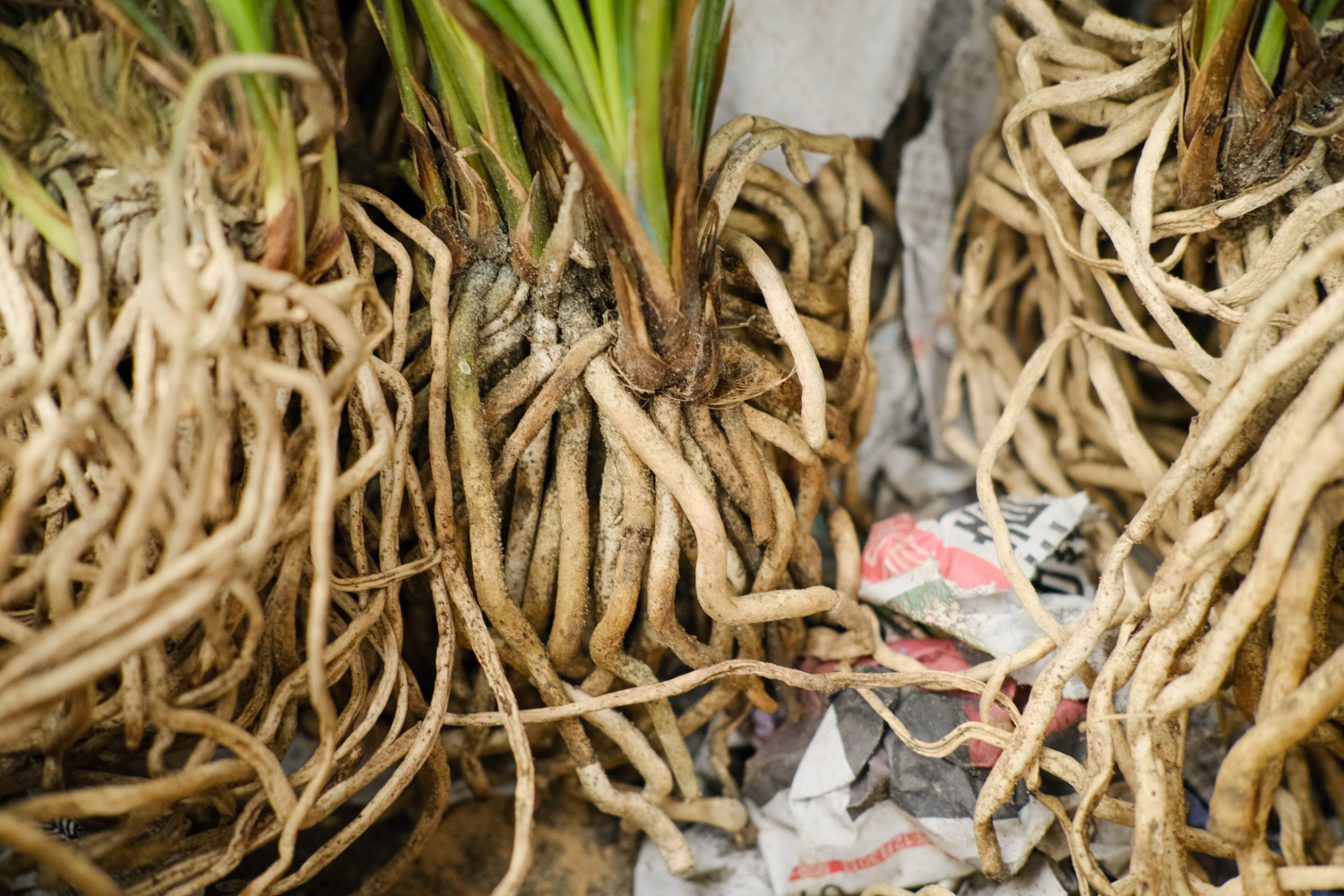
2. Disadvantages: it is difficult to breed. Because tissue culture orchids are cultured in a sterile environment, the temperature and humidity are strictly controlled. Therefore, it has poor resistance, high requirements for temperature and humidity, and is not resistant to diseases. In other words, it is much more delicate than wild orchids. The flowers of tissue culture orchids are easy to degenerate. In addition, the leaves will be shorter and it is not easy to blossom. The growth of tissue cultured orchids is unstable, and they are prone to problems such as short and thin leaves, difficult flowering, inverted seedlings, light flower fragrance and so on. In addition, the flower color and leaf shape of tissue culture orchids will not change, lacking the beauty of personality. Wild orchids are rarely identical. Even orchids of the same species in the same mountain will be slightly different due to different growing places
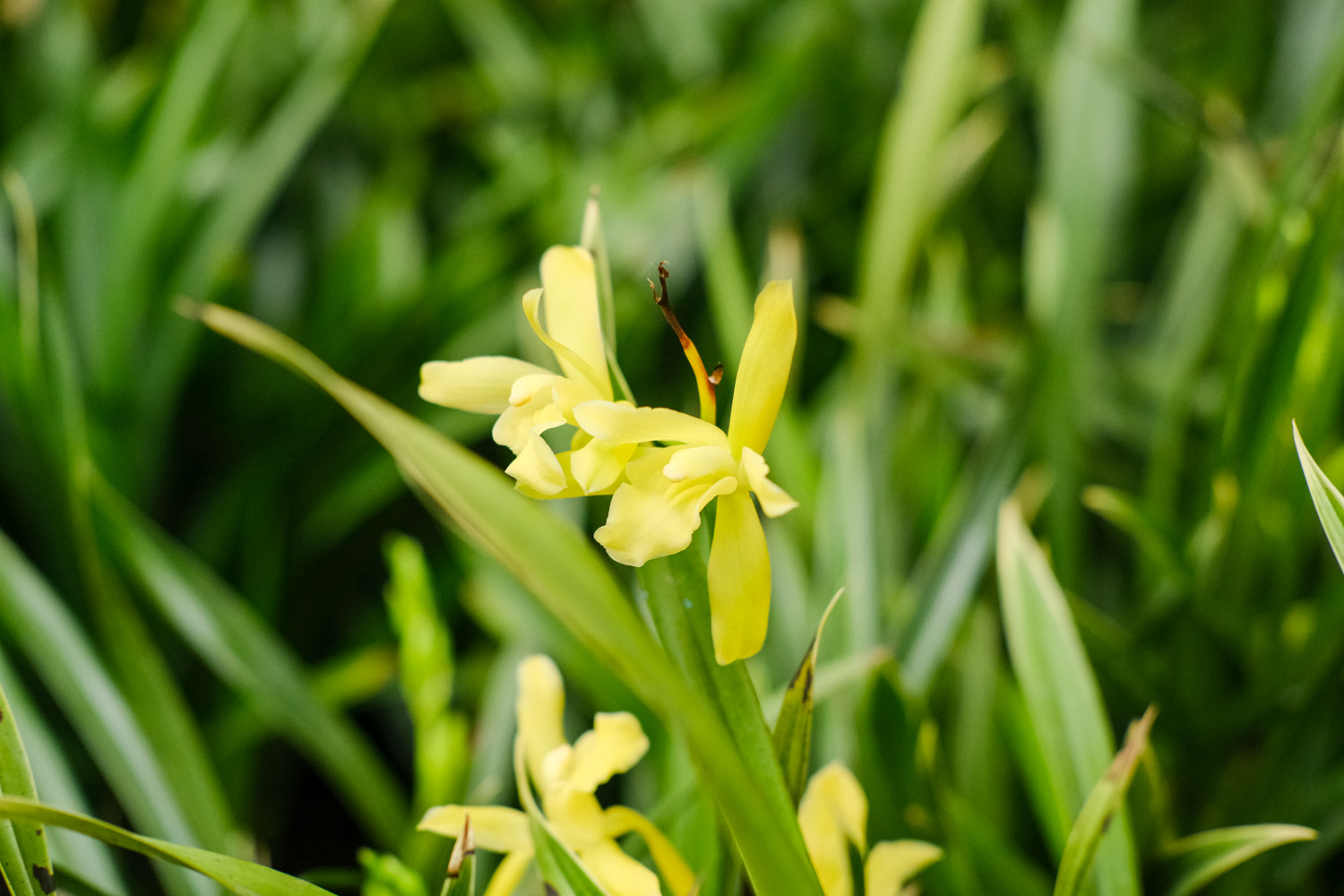

 how many times do yo...
how many times do yo... how many planted tre...
how many planted tre... how many pine trees ...
how many pine trees ... how many pecan trees...
how many pecan trees... how many plants comp...
how many plants comp... how many plants can ...
how many plants can ... how many plants and ...
how many plants and ... how many pepper plan...
how many pepper plan...